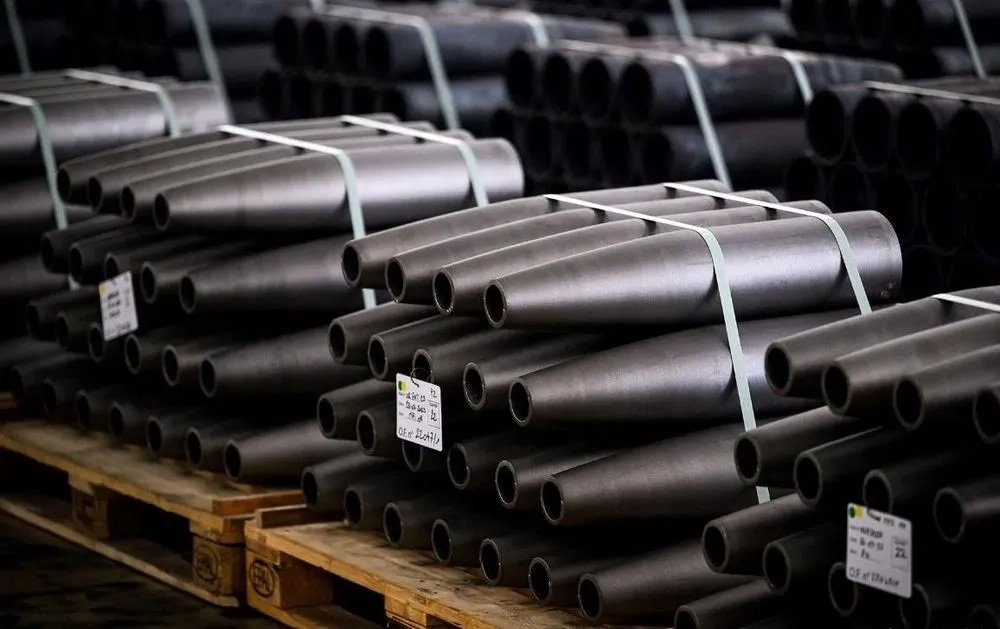It is difficult for Ukraine to buy much-needed ammunition for the army because the arms market is very specific and operates as a large monopoly where the main players know each other. In addition, Russia is creating problems on the global market so that Ukraine cannot buy weapons and ammunition of a special Soviet design. In particular, the aggressor country uses its influence on the Balkan countries, where there are still warehouses with such weapons. In their comments to UNN, experts explained how acute the problem is.
Ukraine faces a number of problems when purchasing weapons. In particular, military experts note that at the beginning of the full-scale invasion, some countries did not want to sign contracts with the Ministry of Defense of Ukraine for the sale of ammunition at all, as they feared that our country would lose the war and no one would pay for it. Therefore, the Ministry of Defense was forced to sign contracts with all the companies that claimed to be able to bring weapons.
In addition, military expert Serhiy Kuzan emphasized that the global arms and ammunition market is a large monopoly, so it is difficult for Ukraine to purchase weapons directly, and the only way out is to use intermediary countries. He explained that Ukraine cannot receive any weapons without the permission of the country of origin because of the control over arms turnover. In this way, the producing country receives guarantees that its weapons will not end up in a hostile country and will not be used against it or its allies.
However, Russia is trying to do everything to prevent Ukraine from buying weapons or ammunition, especially of the Soviet type. In particular, the aggressor country buys such weapons for a higher price.
"Soviet equipment requires Soviet ammunition of specific calibers - 122 and 152 mm. They are different from Western weapons. Since the equipment remains, it needs ammunition. Russia is influencing, among other things, by buying ammunition at a higher price," said political observer Gennadiy Dubov.
Experts note that Ukraine can buy Soviet-made shells cheaper than NATO-made ones. In addition, despite the assistance of Western partners, the Ukrainian Armed Forces still have a large number of Soviet weapons.
After all, before the outbreak of full-scale war, the vast majority of the Armed Forces' weapons were, to varying degrees , Soviet heritage. Therefore, the weapons themselves, spare parts and ammunition are produced mostly in the former Warsaw Pact countries. Some of the states that have the ammunition Ukraine needs are hostile, such as Russia and Belarus
There are also warehouses with Soviet ammunition in the Balkan countries, but due to Russian influence and domestic legislationthey do not sell shells directly to Ukraine.
Military experts Dmytro Snegiryov and Oleh Zhdanov emphasized that although the Balkan countries refuse to supply arms and ammunition to Ukraine directly, they do so through third countries.
"It is difficult to supply ammunition from there (the Balkan countries - ed.), we do not supply directly... There is indeed a huge problem, but it is solved through third countries. Or we reach an agreement with a country that becomes an intermediary," commented Zhdanov.
According to Pavlo Narozhnyi, an expert and co-founder of the CO "Jet Mail" , such intermediaries could be the EU and the US.
"The answer is simple - one of the allies should buy this ammunition and then transfer it to Ukraine. It can be any of the EU countries or the United States, or other third countries that have no problems," said Mr. Narozhnyi.
As you can see, the arms market is quite complicated, and Ukraine needs a reliable intermediary to be able to buy the shells it needs, especially from the Balkan countries.
